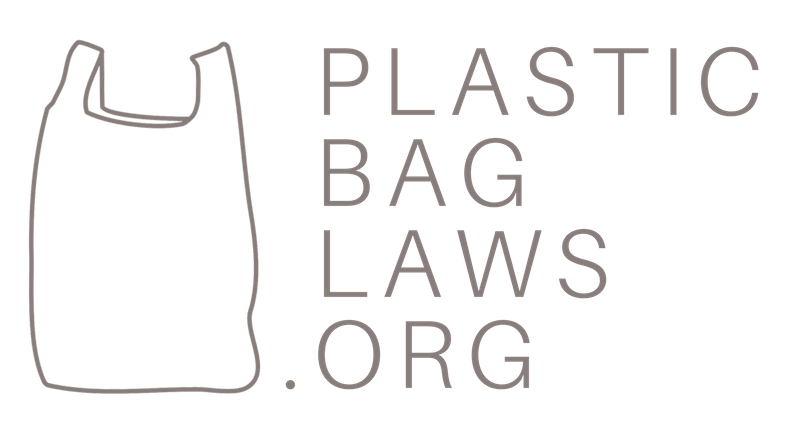Los Angeles Lawyer magazine features great article re: SPBC v. Manhattan Beach
This month's Los Angeles Lawyer magazine features an article entitled "The California Supreme Court's Recent Flood of CEQA Decisions," which features a detailed (and positive) discussion of the Manhattan Beach case. The part regarding Manhattan Beach starts on page 16 under the sub-heading "Future CEQA Rulings." Here is an excerpt from the article:
Because the fair argument standard is such a low threshold, it is not uncommon for lead agencies to prepare an EIR to avoid the risks associated with possible legal challenges even when a mitigated negative declaration would suffice.45 Indeed, negative declarations are becoming less common in California for projects with any possible opposition. The supreme court may have granted review in this case to set new boundaries surrounding the fair argument standard and to clarify the evidentiary burden borne by would-be challengers.
Perhaps equally important, this case also marks the first opportunity in years for the court to clarify the rules of standing—a jurisdictional prerequisite to filing suit—and to set a limit on environmental lawsuits brought by financially interested parties. Plastic bag manufacturers, distributors, and other companies in the plastics industry ostensibly formed the Save the Plastic Bag Coalition to “counter misinformation about the effect of plastic bag usage on the environment.” Nonetheless, the coalition made little effort to hide its members’ financial interests in promoting the manufacture and distribution of plastic bags. A ruling adverse to the group that sets a meaningful limit on standing to sue under CEQA could have important implications on the myriad other groups seeking to challenge projects based on allegedly but not completely altruistic environmental purposes.
Something in the Second District’s decision has caught the supreme court’s attention, and its increasing tendency to reverse lower court decisions and place practical limits on environmental review portends a similar result here. For example, each of the court’s four decisions rendered in late 2009 and early 2010 tended to set parameters for undertaking environmental review or adhering to statutory or regulatory mandates, often in a manner deferential to the lead agency. The court seems poised to view Save the Plastic Bag Coalition in the same light and to provide helpful guidance on when a negative declaration is appropriate and under what circumstances financially interested parties can sue to enforce the state’s environmental laws.
Appellants have also fared well when there has been a dissenting opinion below. In Save the Plastic Bag Coalition, an impassioned dissent was issued by Second District Court of Appeal Justice Richard Mosk—son of the late California Supreme Court Justice Stanley Mosk, who authored the court’s first CEQA (or EQA) decision in Friends of Mammoth. The strong voice of Justice Richard Mosk suggests the supreme court’s recent trend may continue, and the Second District’s decision in Save the Plastic Bag Coalition will fall.
